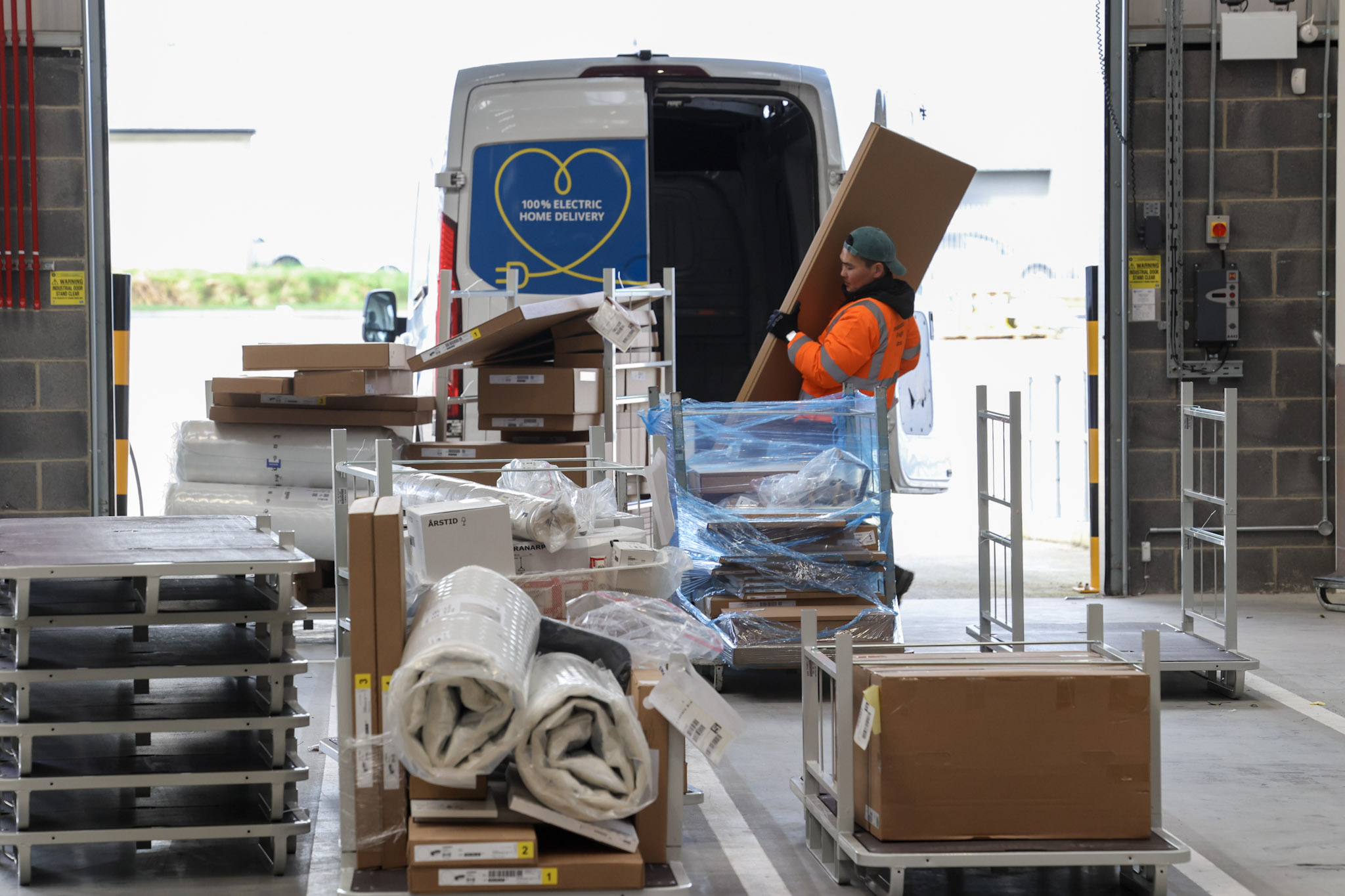Sainsbury’s is to invest £65m into pricing to help cut costs for shoppers as the cost-of-living crisis bites. The retailer is also pledging to remove a raft of best before dates to cut waste by as much as 17 million individual food items each year.
The pricing pledge is part of a wider £500m investment in helping reduce the impact of the 9.3% inflation shoppers have seen across food sales in the UK so far this summer.
The company says that the latest round of money will go towards its price lock initiative that aims to keep prices of 2000 key items locked at set prices for another month, as well as extending the companies Aldi price match process.
Simon Roberts, Chief Executive of Sainsbury’s says: “We know how tough this ‘back to school’ season is going to be for our customers. With families across the country facing big increases in their energy bills, the situation is serious and our most important job at Sainsbury’s is to help our customers in every way we can.
“We have made huge strides to lower prices since we launched our new plan but we are committed to going further.”
Best before dropped
From the end of August, the retailer will begin the removal of ‘best before’ dates from a raft of fresh produce including pears, onions, tomatoes, and citrus fruits from over 100 product lines, and a further 130 products including potatoes will follow.
The move builds on the work Sainsbury’s has’ done in recent years to remove dates from over 1,500 lines including, pineapples, pumpkins, apples and indoor plants. These upcoming changes could help UK households to save 11,000 tonnes of food each year, the equivalent of 17 million products.
An on-pack message ‘no date helps reduce waste’ will instead be present across the fresh produce where the label changes come into play.
A recent report from WRAP reveals that removing date labels from the most wasted fresh produce items such as, broccoli, apples, potatoes and cucumber, has the potential to cut annual household food waste by 50,000 tonnes.
Additionally, Sainsbury’s will switch all ‘use by’ dates on own-brand yoghurts to ‘best before’ dates by the end of this year a move which will affect 46 product lines. Research from Waste & Resources Action Programme (WRAP) revealed that 54,000 tonnes of yoghurt is wasted a year. For 70 per cent of this waste, the date label was cited as the reasons for throwing it away. Related to this, around half of all yoghurt thrown away in homes is in unopened packs.
These changes come as part of the retailer’s ongoing commitment to halve its food waste by 2030 and support its ongoing work with farmers and growers to reduce food waste in its supply chain, sending surplus food from stores to charity food donation partners and recovering energy from waste.
In the last year, Sainsbury’s has donated over 5 million meals to those in need through its partner, Neighbourly. Now, the retailer is expanding the service to its convenience stores too, meaning even more meals will be provided. In 2021, Sainsbury’s increased its food distribution to people by 119% year on year, a key driver of which was its partnership with Neighbourly.
Kate Stein, Director of Technical at Sainsbury’s comments: “We know that around a third of all food produced for human consumption is either lost or wasted and food waste is one of the leading contributors of carbon emissions, accounting for a staggering 8-10% of GHG emissions globally, which is why we’re committed to helping customers reduce waste at home. We also know that by avoiding unnecessary waste, we can help our customers save money by making their food shop last longer. The changes that we’re announcing today will do just that, giving customers more autonomy to make their own decisions on whether their food is good to eat, and preventing them from disposing of food too early. With changes like these, together, we can all play our part in tackling the climate crisis and protecting the planet for generations to come.”
Catherine David, Director of Collaboration and Change at WRAP, adds: “WRAP is thrilled to see these changes on fruit, veg and yogurts to help tackle food waste in our homes. Wasting food feeds climate change and costs us money. The right date label, or no date label, has a big influence on what we use and what we throw away. For fruit and veg, date labels are unnecessary and our research has shown that removing them can save the equivalent of 7 million shopping baskets’ worth from our household bins a year. With yogurts, applying a ‘Best Before’ date rather than a ‘Use By’ date means that people can use their judgement to eat beyond that date. Storing most fruit and veg and all yoghurt products in the fridge, below 5 degrees, will keep them fresher longer.”










